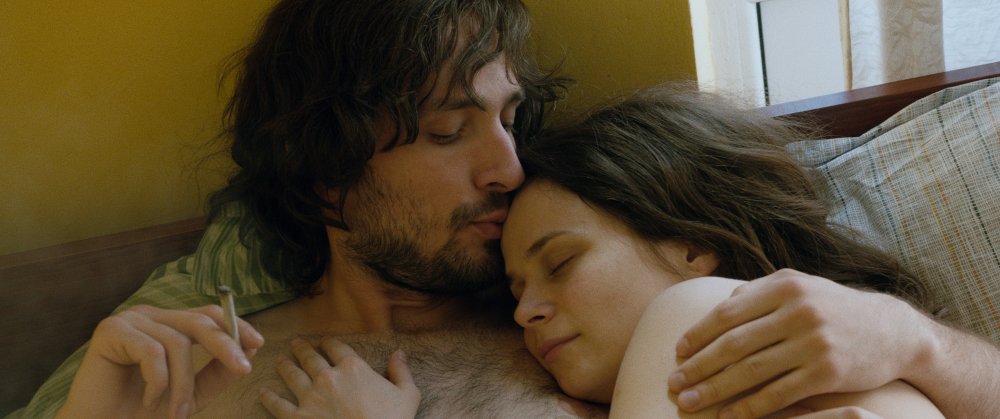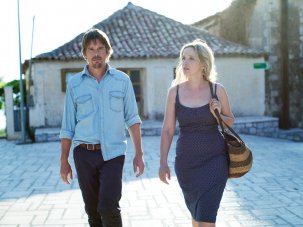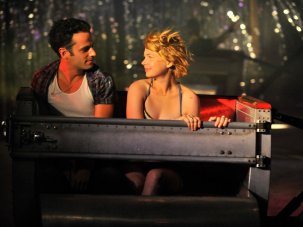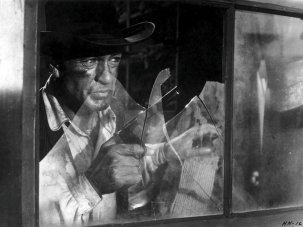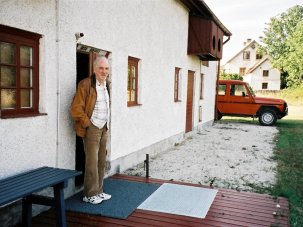Romania’s Călin Peter Netzer had already won a number of festival awards with his first two features – Maria (2003) and Medal of Honour (2009) – before carrying off the Golden Bear at the 2013 Berlinale with Child’s Pose, a study of bourgeois corruptibility notable not only for its fluid storytelling but for its moral and psychological acuity. There is, then, considerable interest in his fourth feature, especially as it was once again selected for the main Berlinale competition.
Romania 2017
127 mins
Director Călin Peter Netzer
Cast
Toma Mircea Postelnicu
Ana Diana Cavallioti
Toma’s mother Carmen Tănase
Toma’s father Vasile Muraru
Ana’s mother Tania Popa
Igor Igor Caras Romanov
Psychoanalyst Adrian Titieni
Priest Adrian Vlad Ivanov
Though it is firmly in the realist mode that has been the defining hallmark of much Romanian cinema since the appearance of The Death of Mr Lazarescu in 2005, Ana, mon amour is rather less concerned with the ethics of contemporary Romanian society than Child’s Pose or Medal of Honour, and more interested in the psychologies of two individuals involved in a sexual/romantic partnership. The film charts the progress of the relationship of Ana (Diana Cavalliotti) and Toma (Mircea Postelnicu) over a number of years, starting with the very moment they initially get together as students caught up in a discussion about Nietzsche.
That opening scene is crucial, in that it introduces the complex dynamics that will come to mark their interactions with one another. First seen chatting enthusiastically and slightly flirtatiously with one another – while trying to ignore the sound of noisy lovemaking coming from the room next door – they shift suddenly into a very different gear when Ana has a panic attack and Toma has to calm her down.
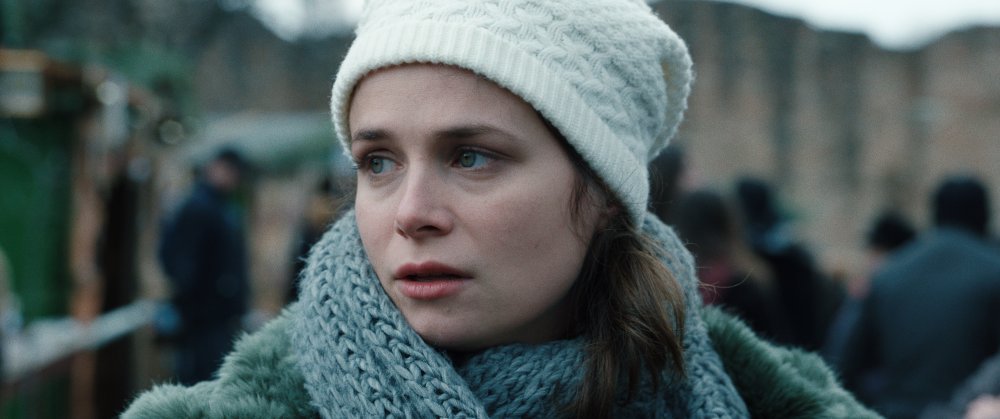
What’s interesting is how Netzer plays the scene, leaving things a little ambivalent as to what’s actually happening. Does Ana then exploit her attack to encourage Toma to make a move? Might Toma’s response to her anxiety be seen as slightly opportunist? As it turns out, neither appears to have been the case; she has an ongoing serious psychological disorder, and he really does care for her, so that the relationship will endure, at least for a while.
But it endures only with considerable difficulty, and not only because Ana’s turmoil is so painful for herself and challenging for Toma. Both have issues with their own families – indeed, Ana’s fragile condition may well be linked to her relationship with her boorish stepfather, while Toma may have inherited certain behavioural traits from his domineering father – while there is clearly uncertainty about how best to deal with Ana’s misery, other than through Toma’s determined but occasionally despairing support. There is medication of course, but this being Romania, there is also religion. (Vlad Ivanov, a face familiar from many recent Romanian films, makes a lovely appearance as a faintly sozzled but pleasingly pragmatic priest.) And then there is psychoanalysis. Indeed, it is only after some time that we discover that the moments we are witnessing in the development of the couple’s relationship are those being described to a therapist, not by Ana but by Toma, now balding and evidently some years older than when he first fell for her.
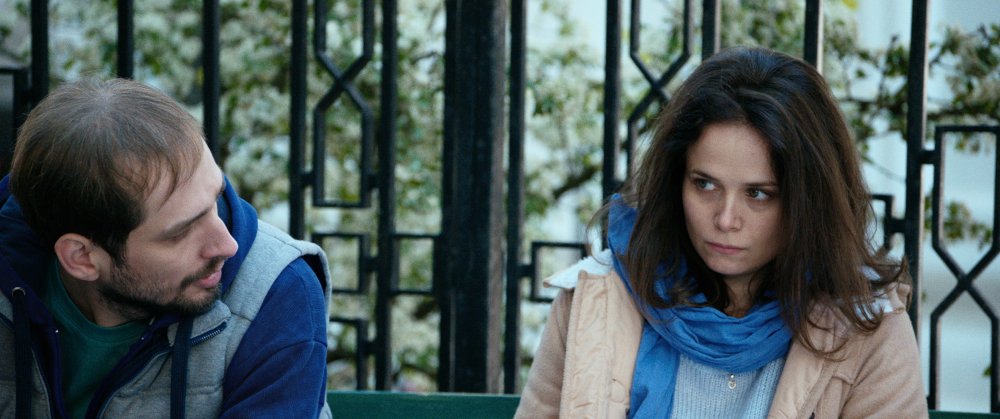
Crucially, Netzer moves backwards and forwards in time; what matters here is not so much linear chronology as psychological resonance as he hones in on the subtle but life-affecting shifts in dependency, commitment and power. Though Netzer’s compassion for both Ana and Toma is never in doubt, the fragmentation of the narrative ensures a measure of detachment which makes for balance, ambivalence and clarity; the result is an astute, illuminating and altogether credible study of what Netzer has described as “the actual impossibility of building a relationship”, reminiscent at times of Bergman films like The Passion of Anna or Scenes from a Marriage. As such, it was one of the most ambitious, impressive and satisfying films in this year’s Berlinale.
-
The Digital Edition and Archive quick link
Log in here to your digital edition and archive subscription, take a look at the packages on offer and buy a subscription.




